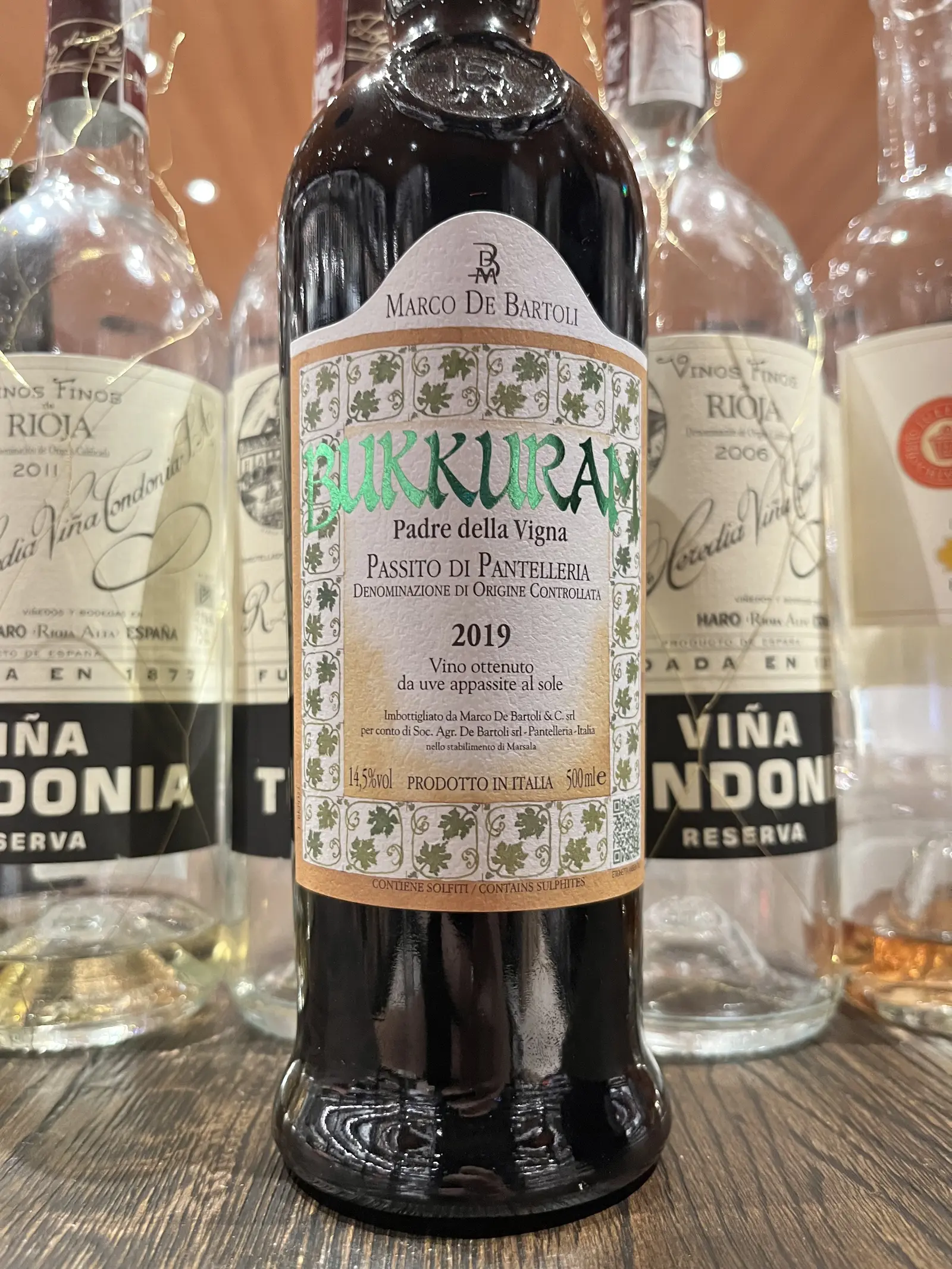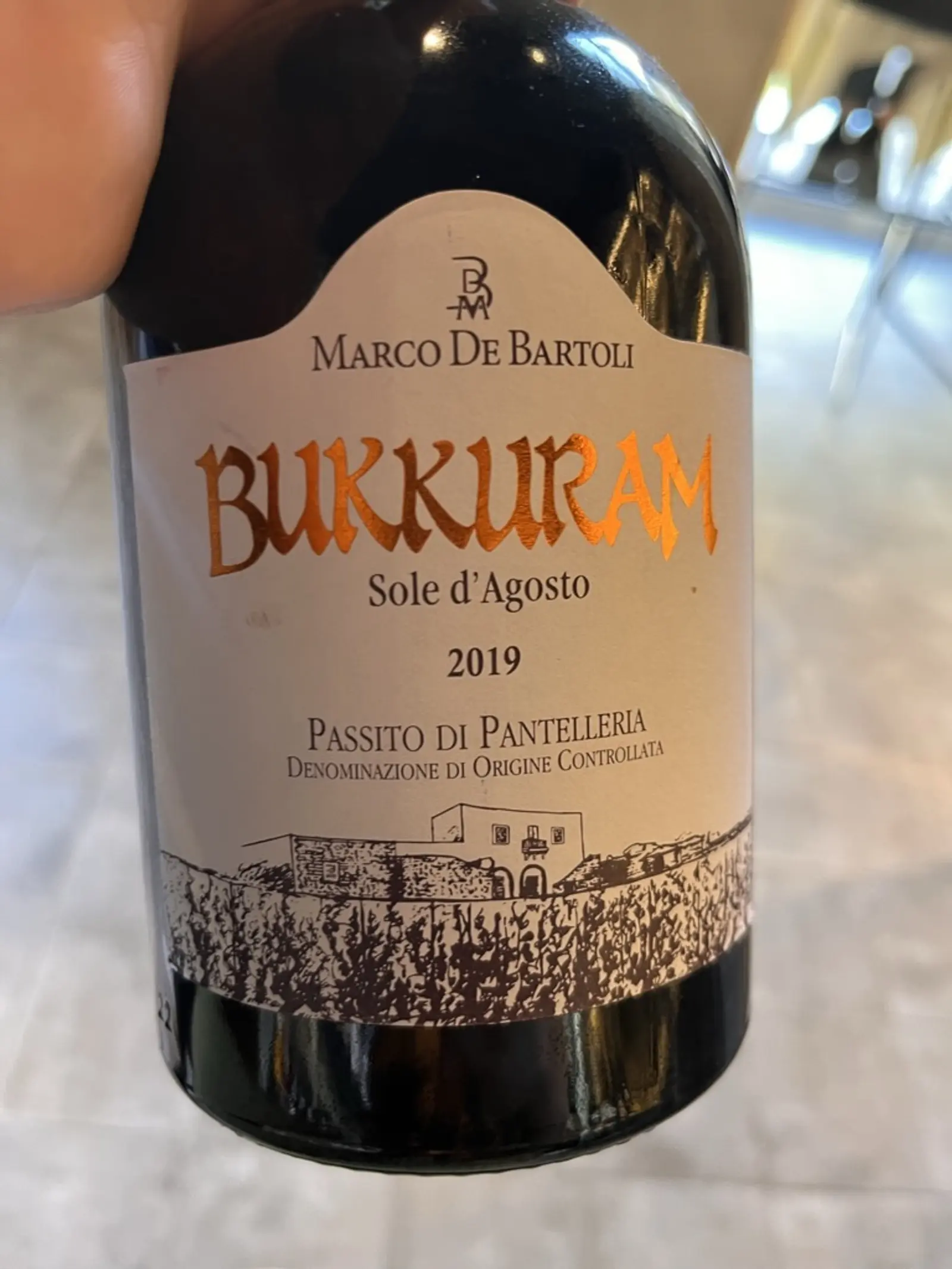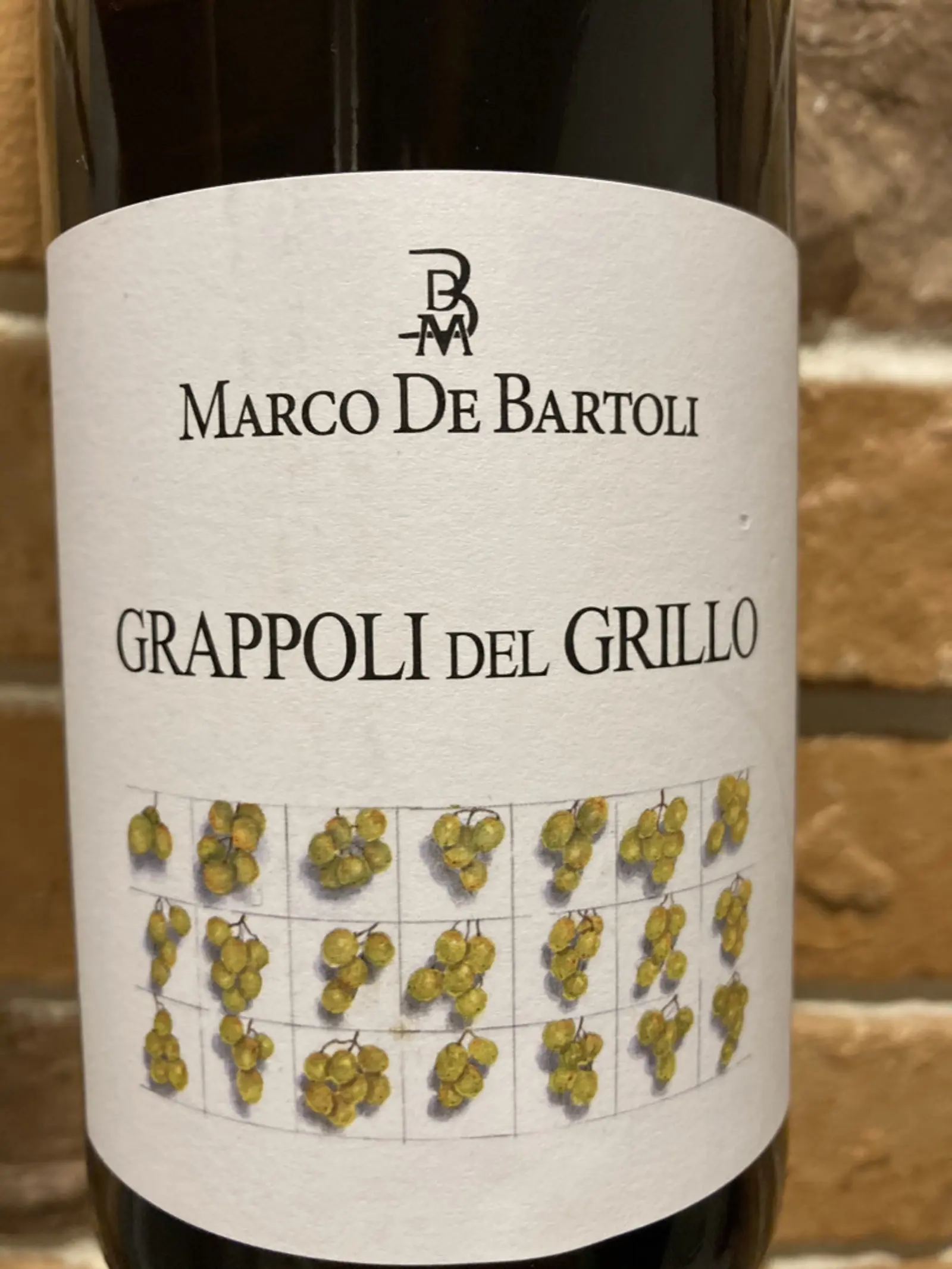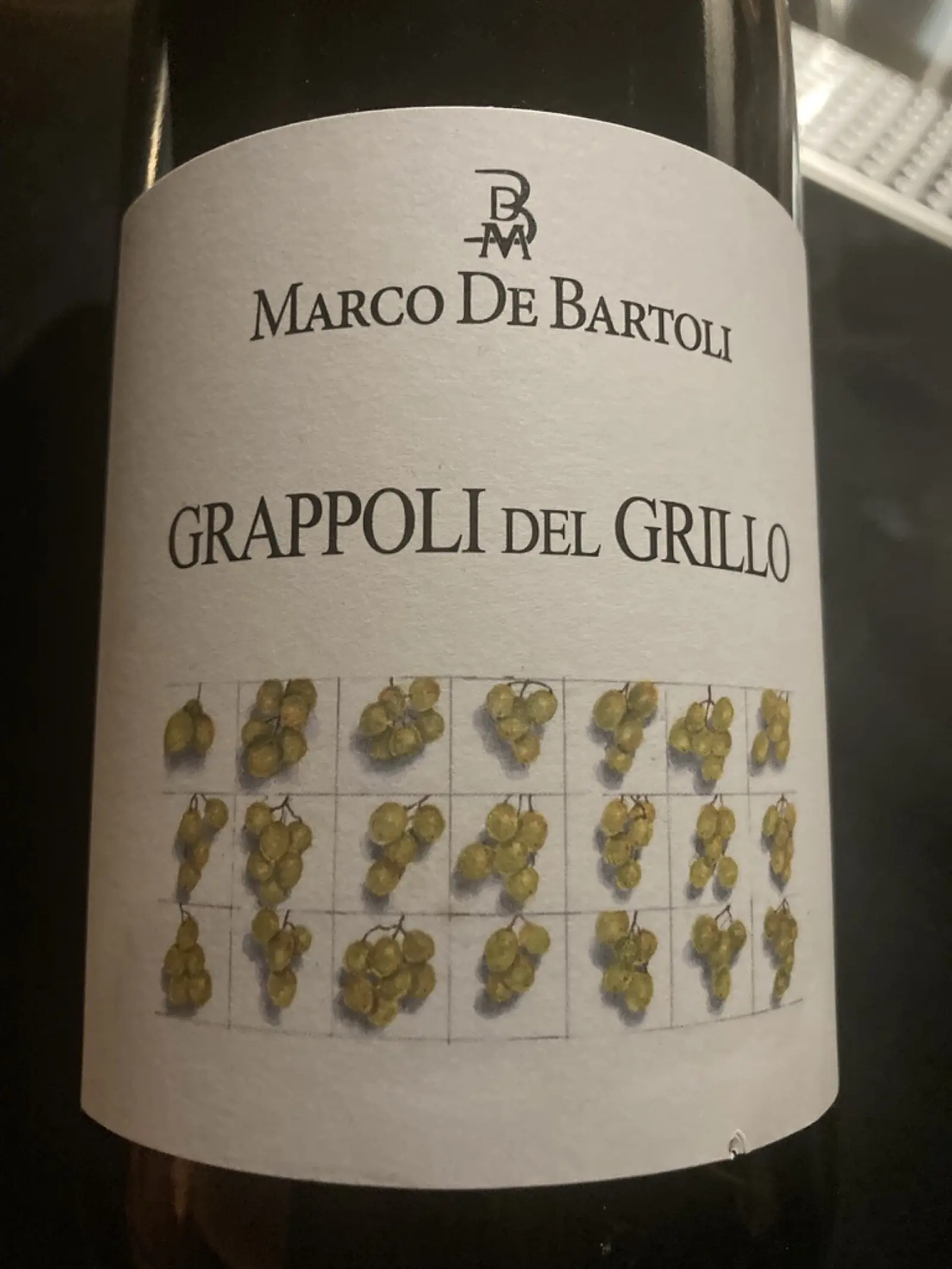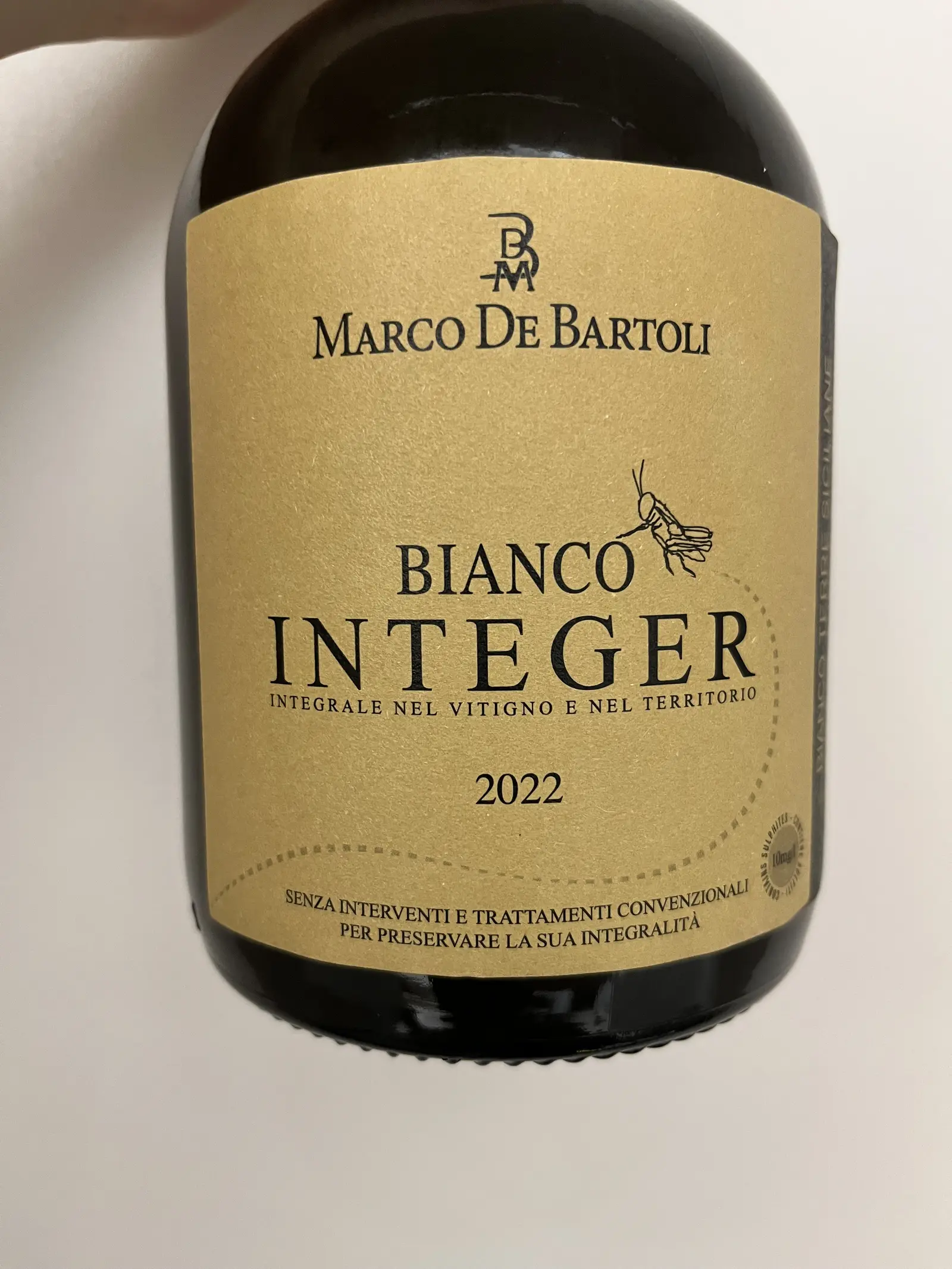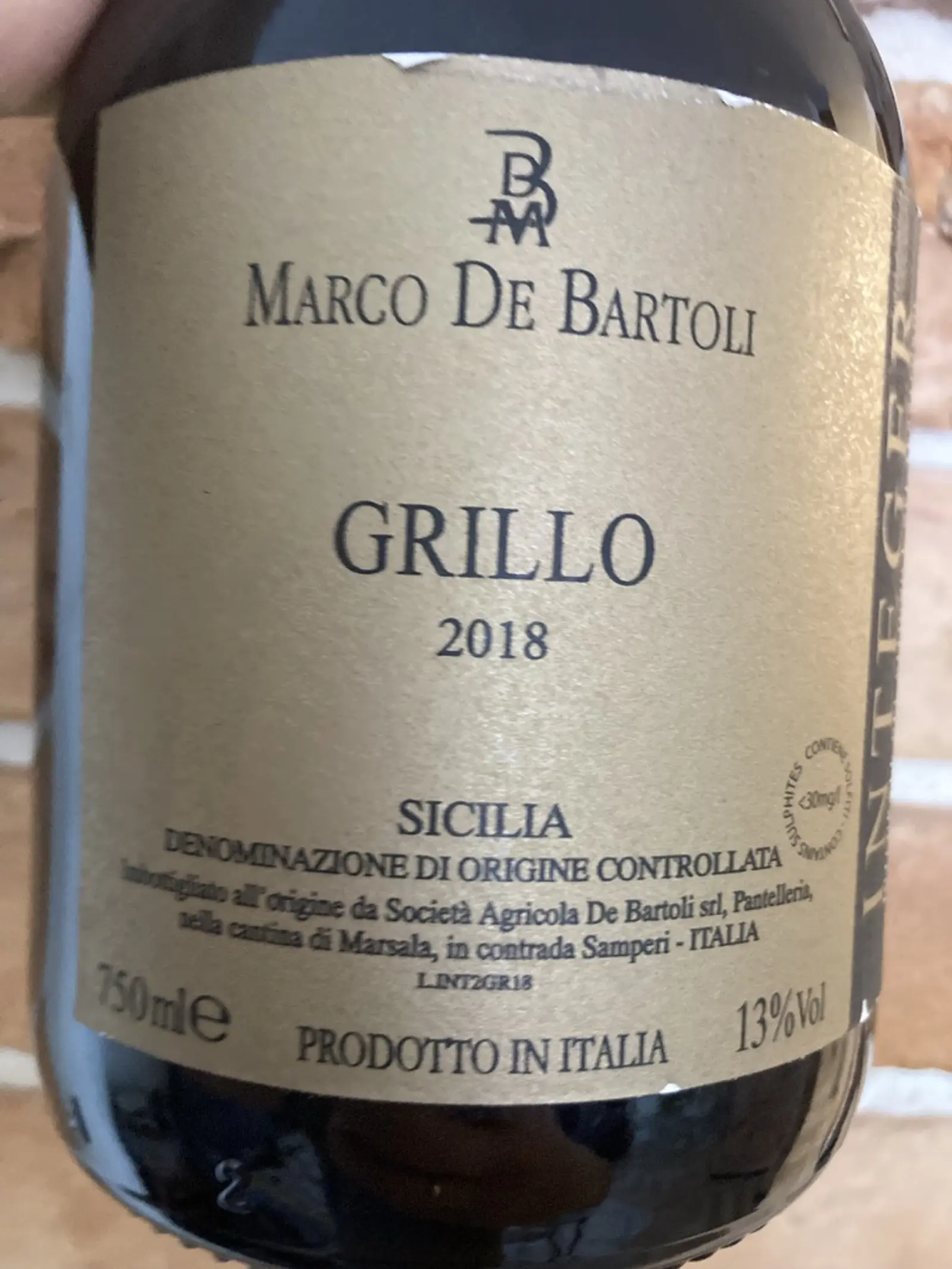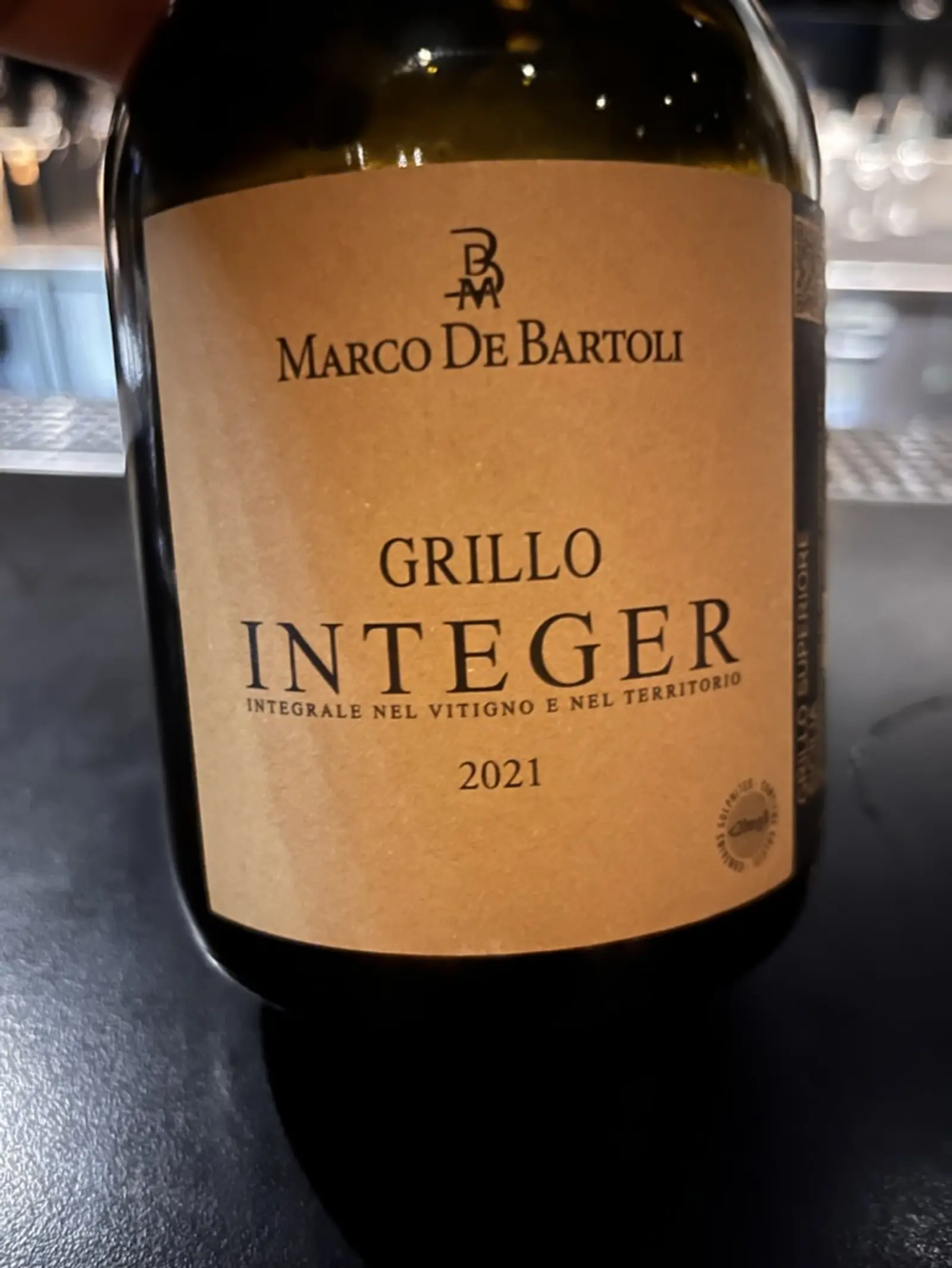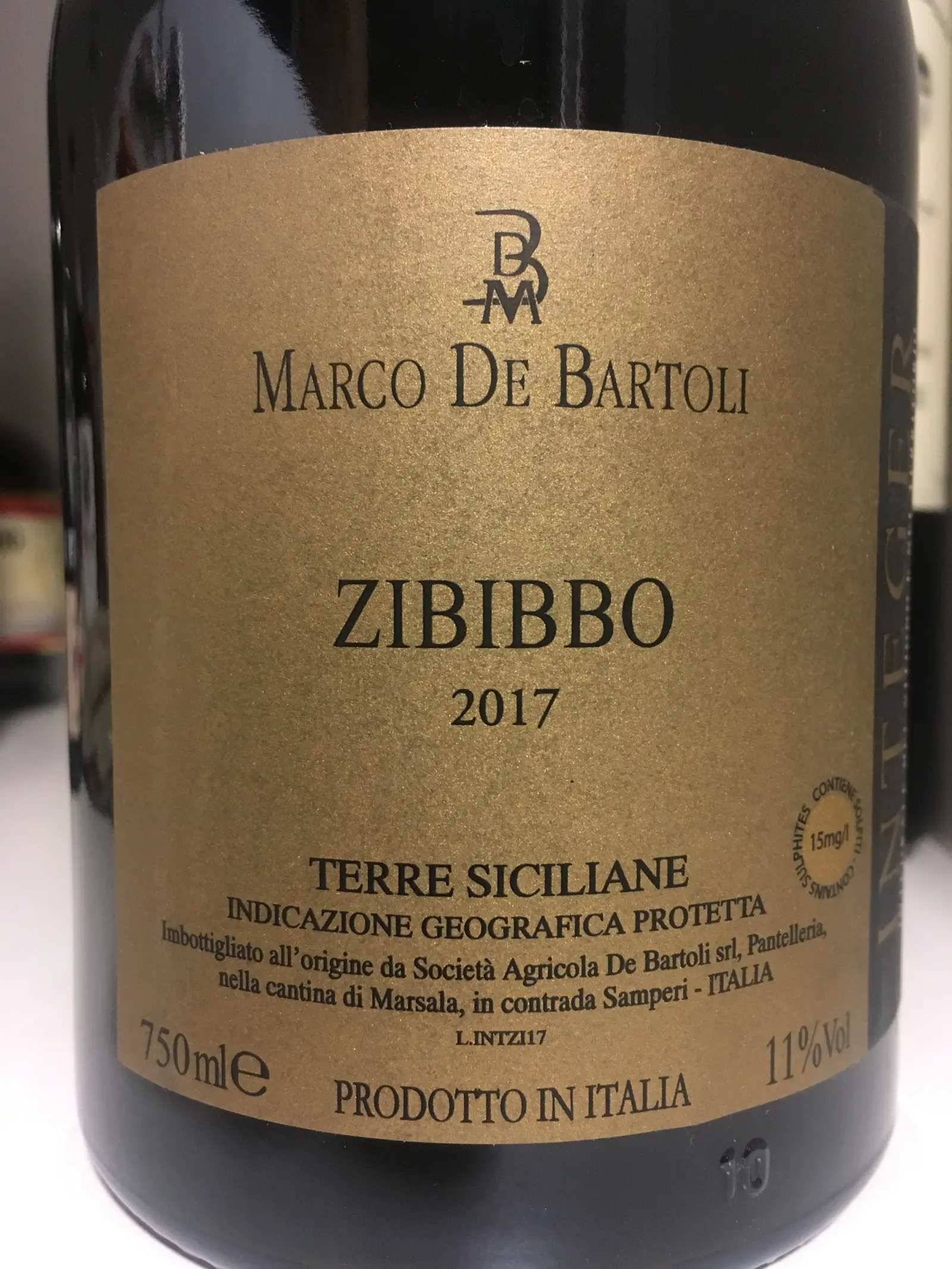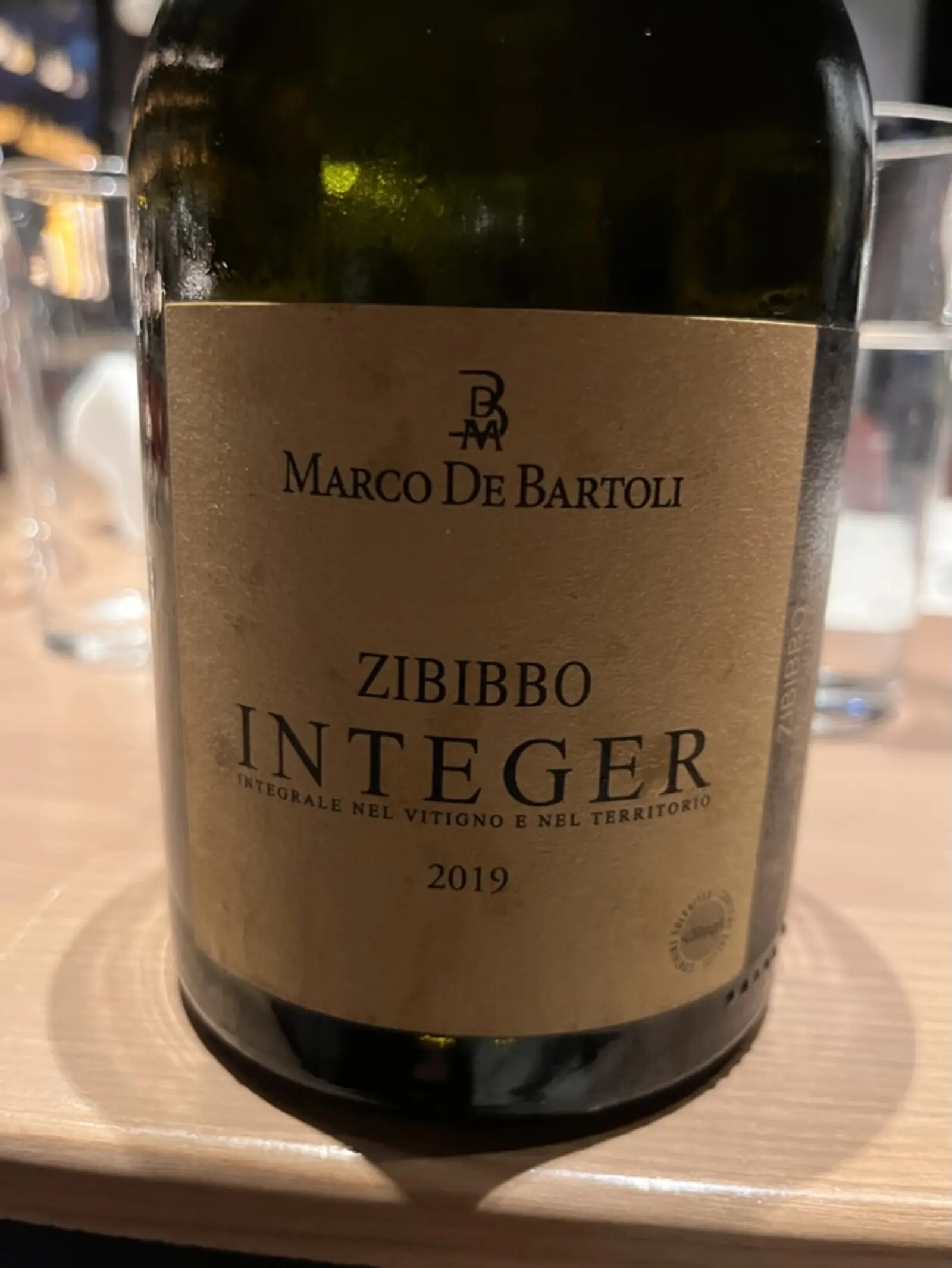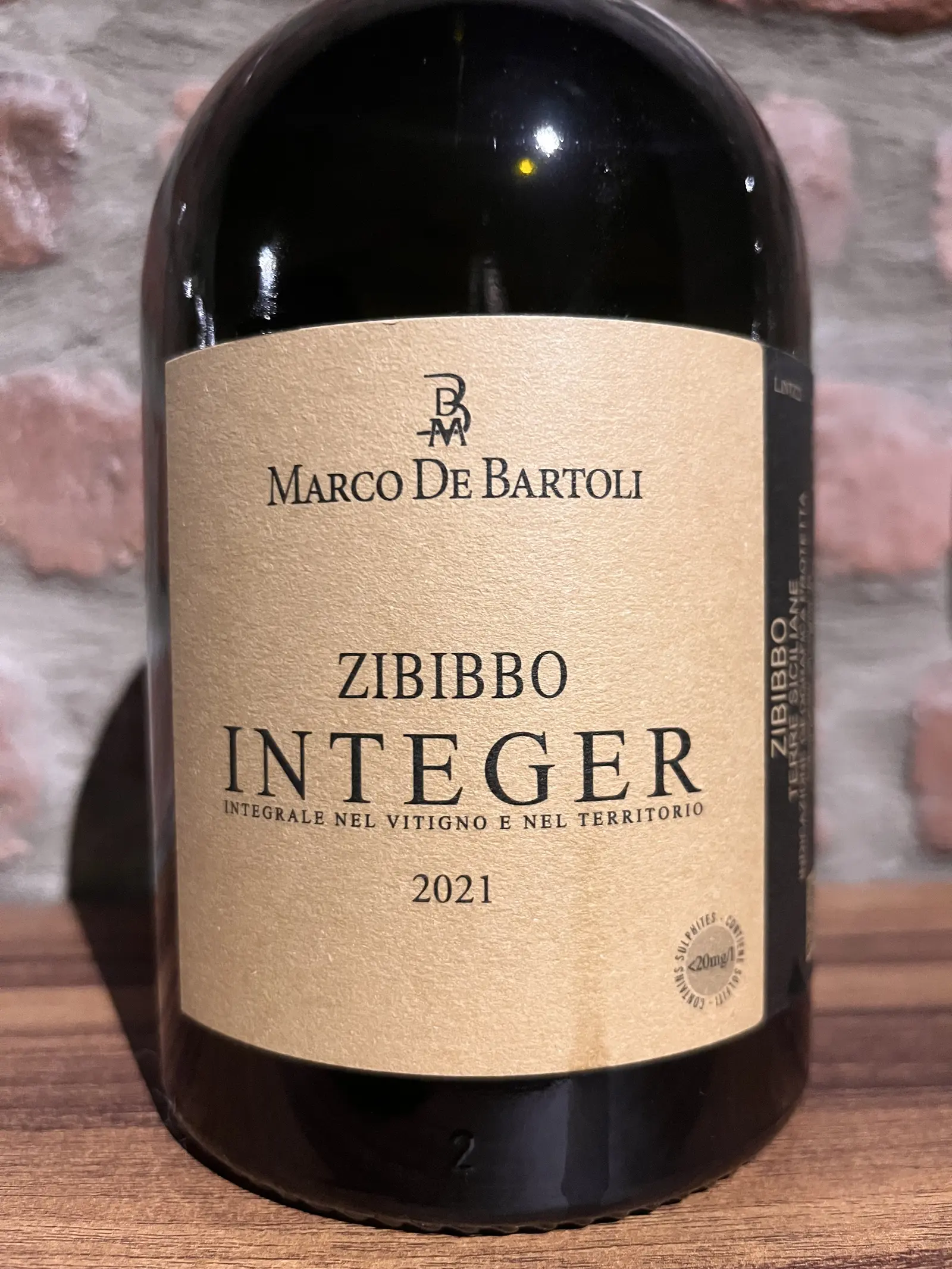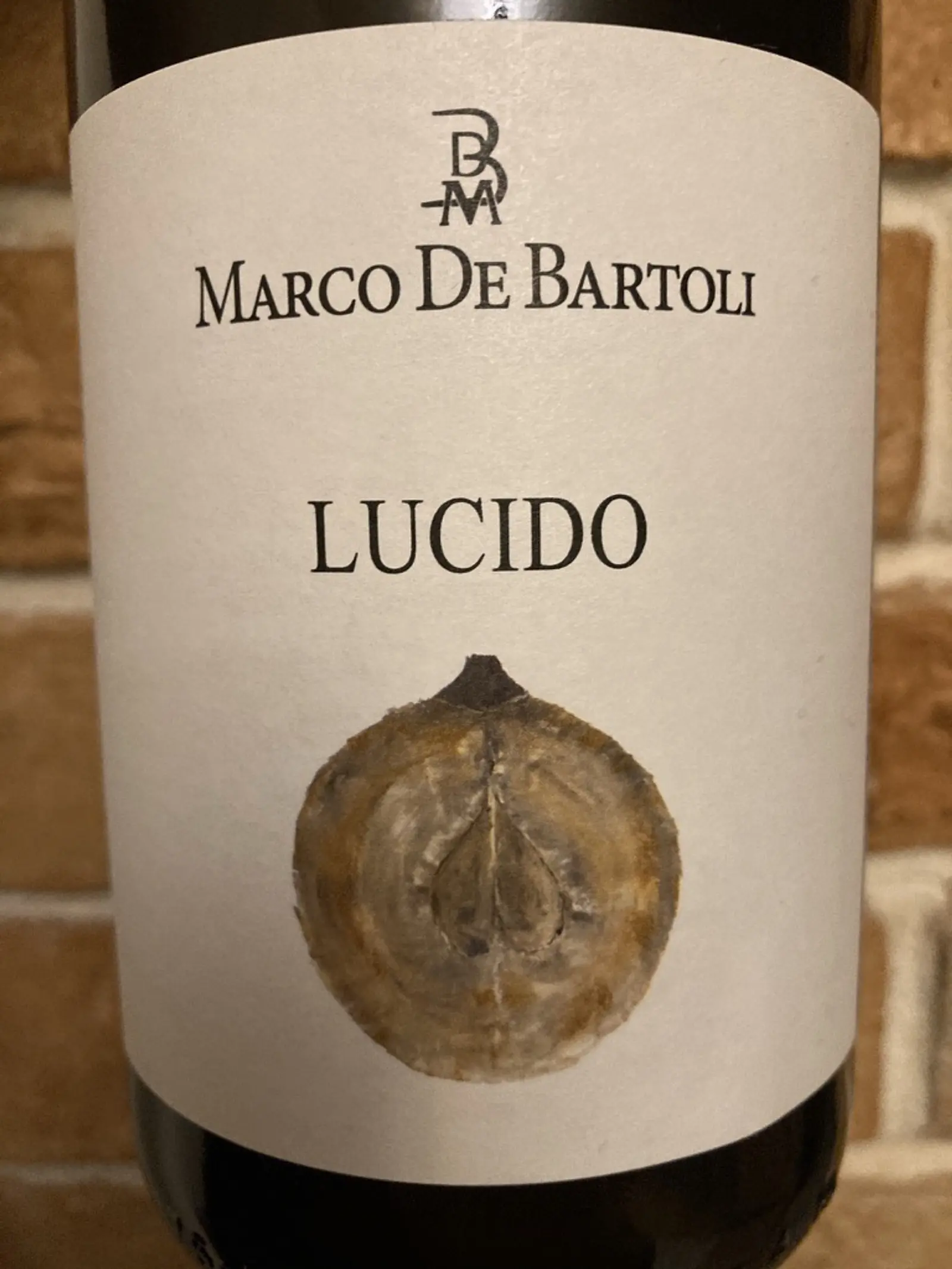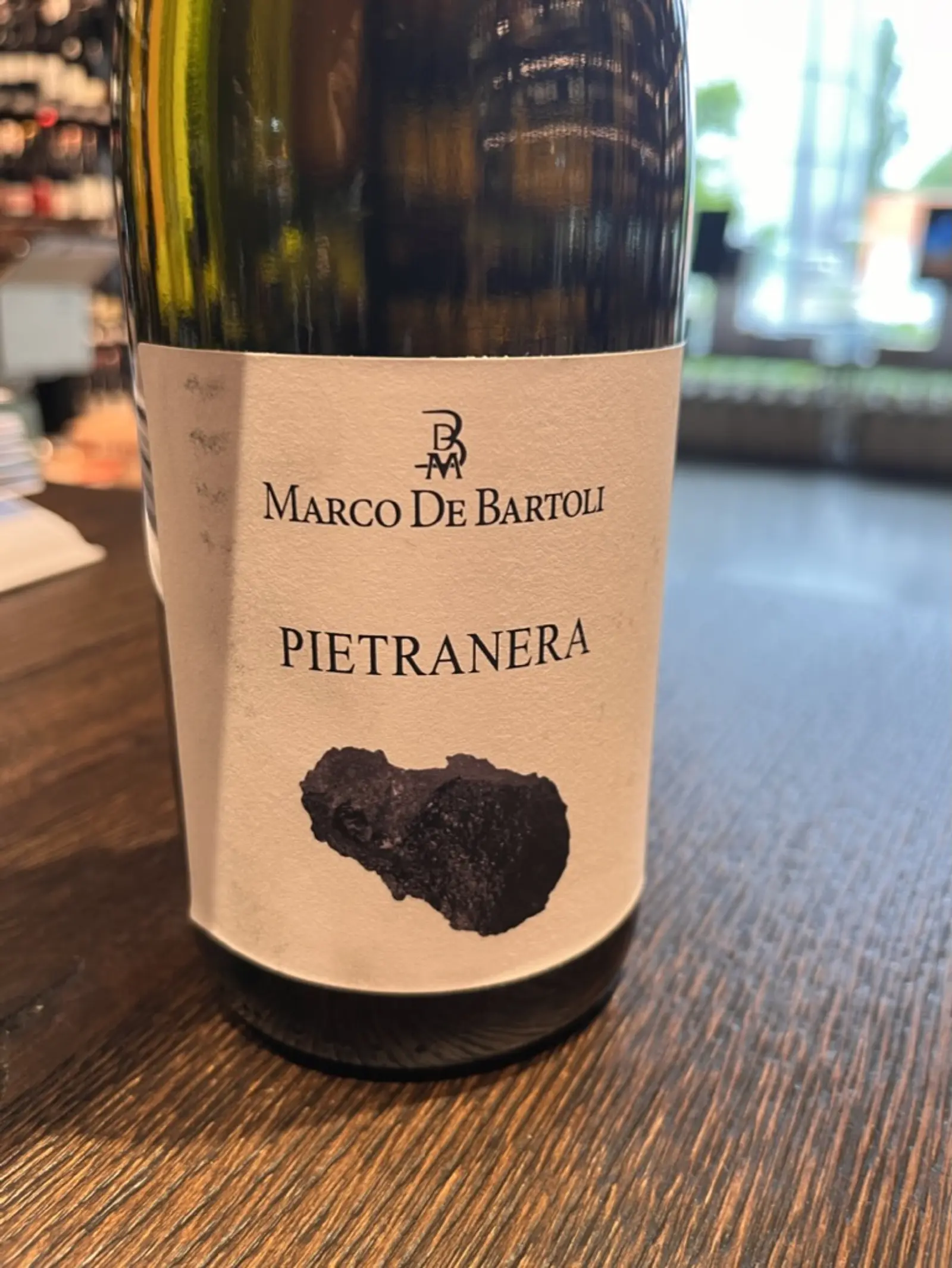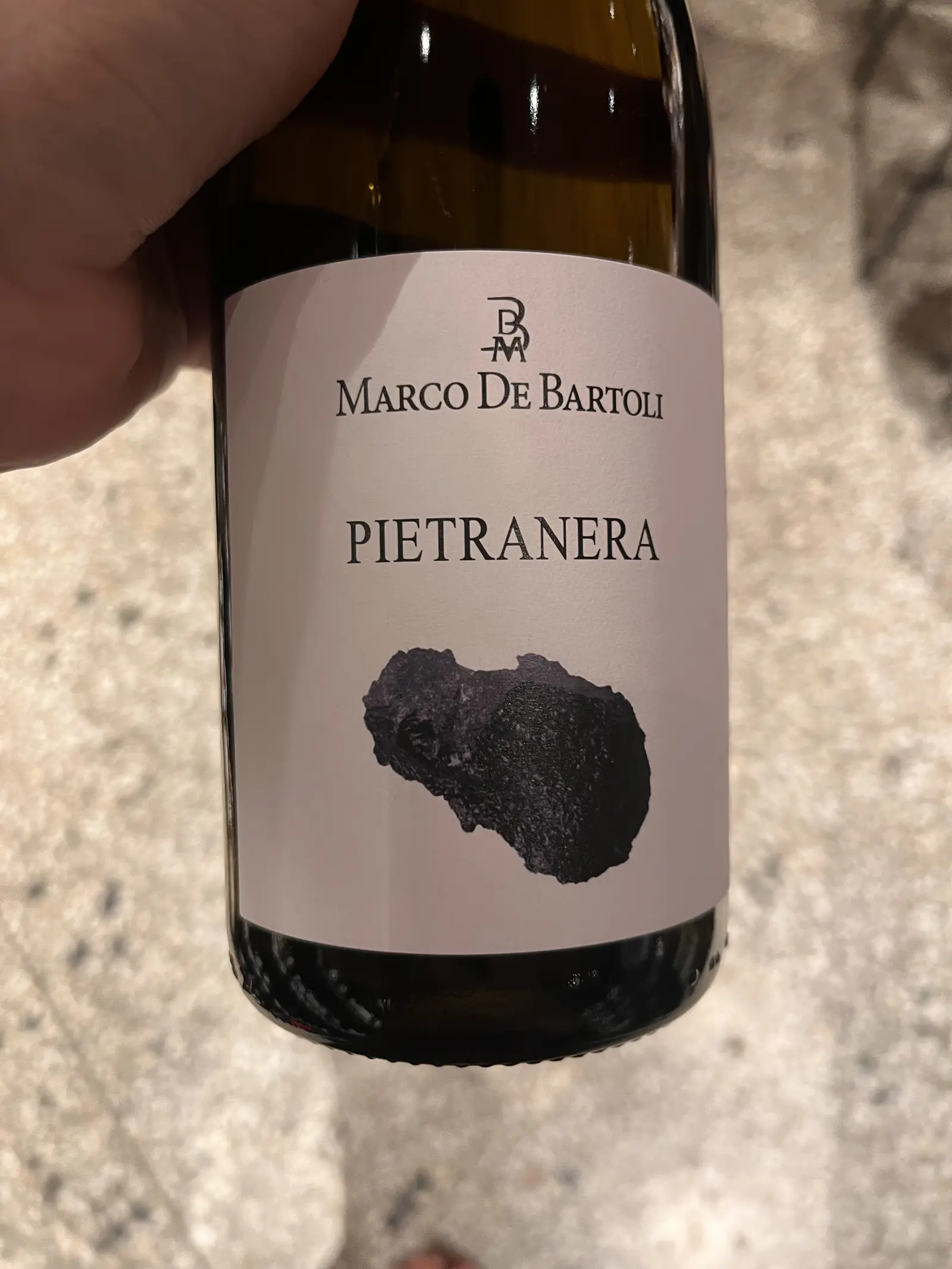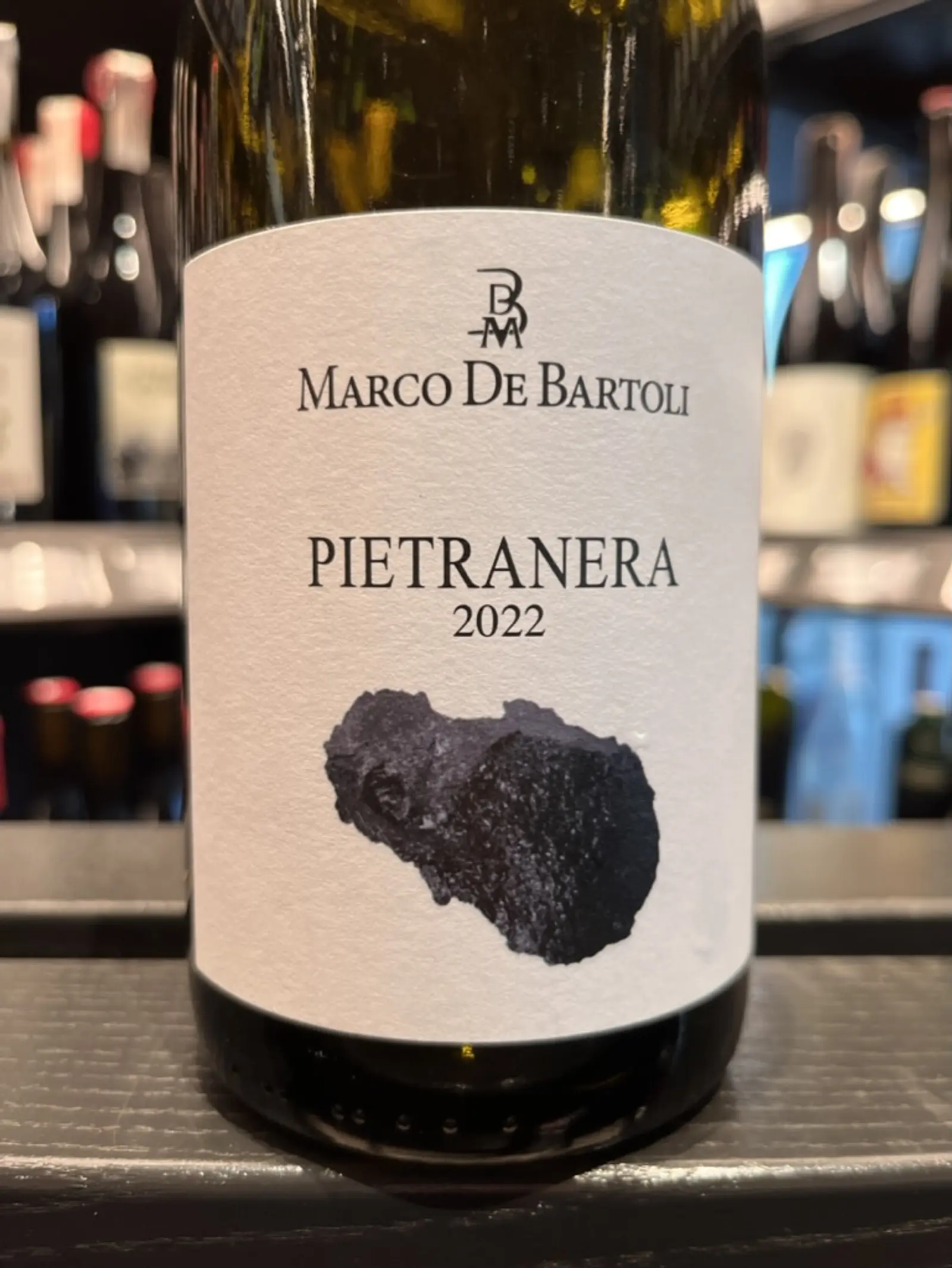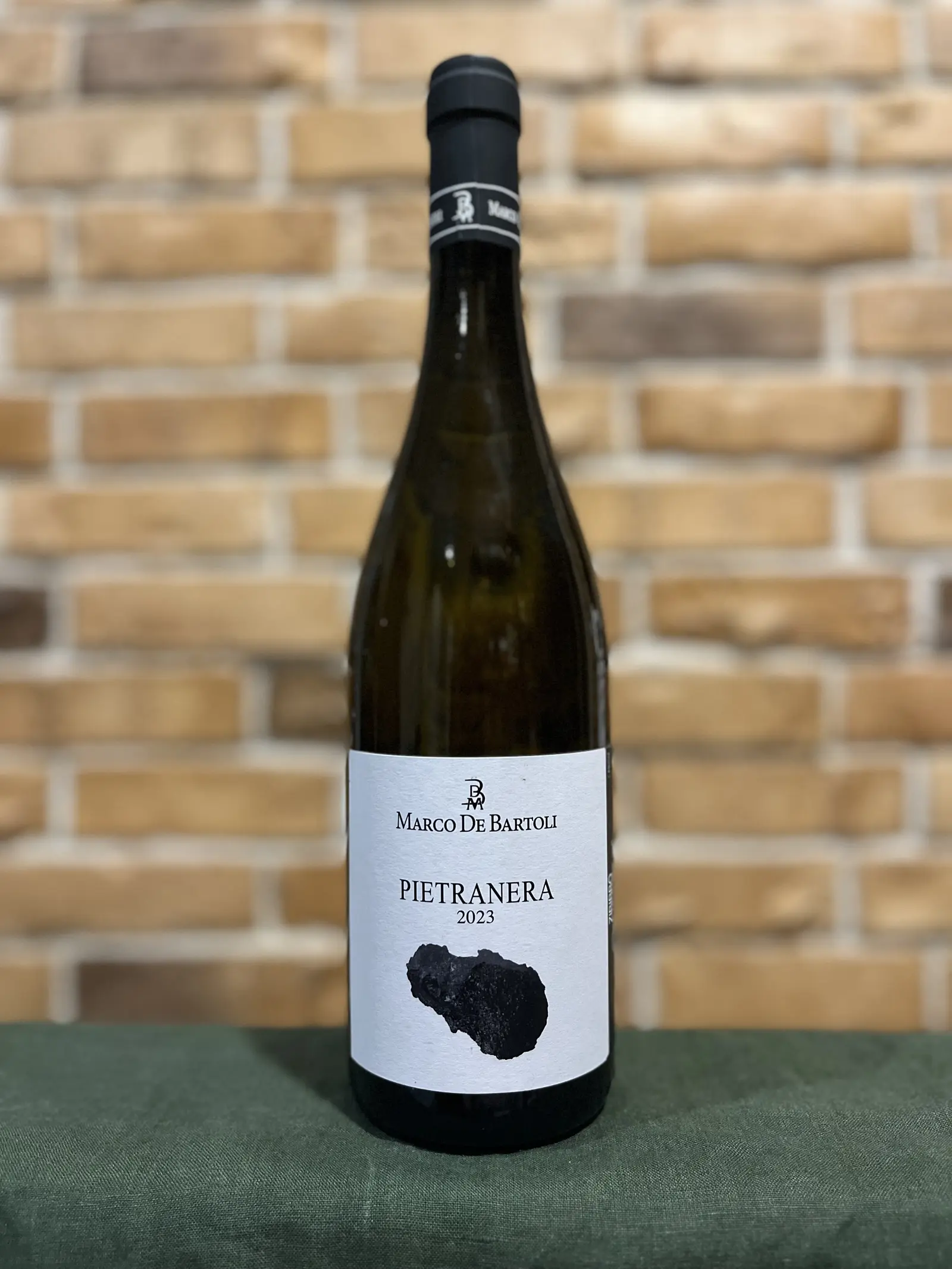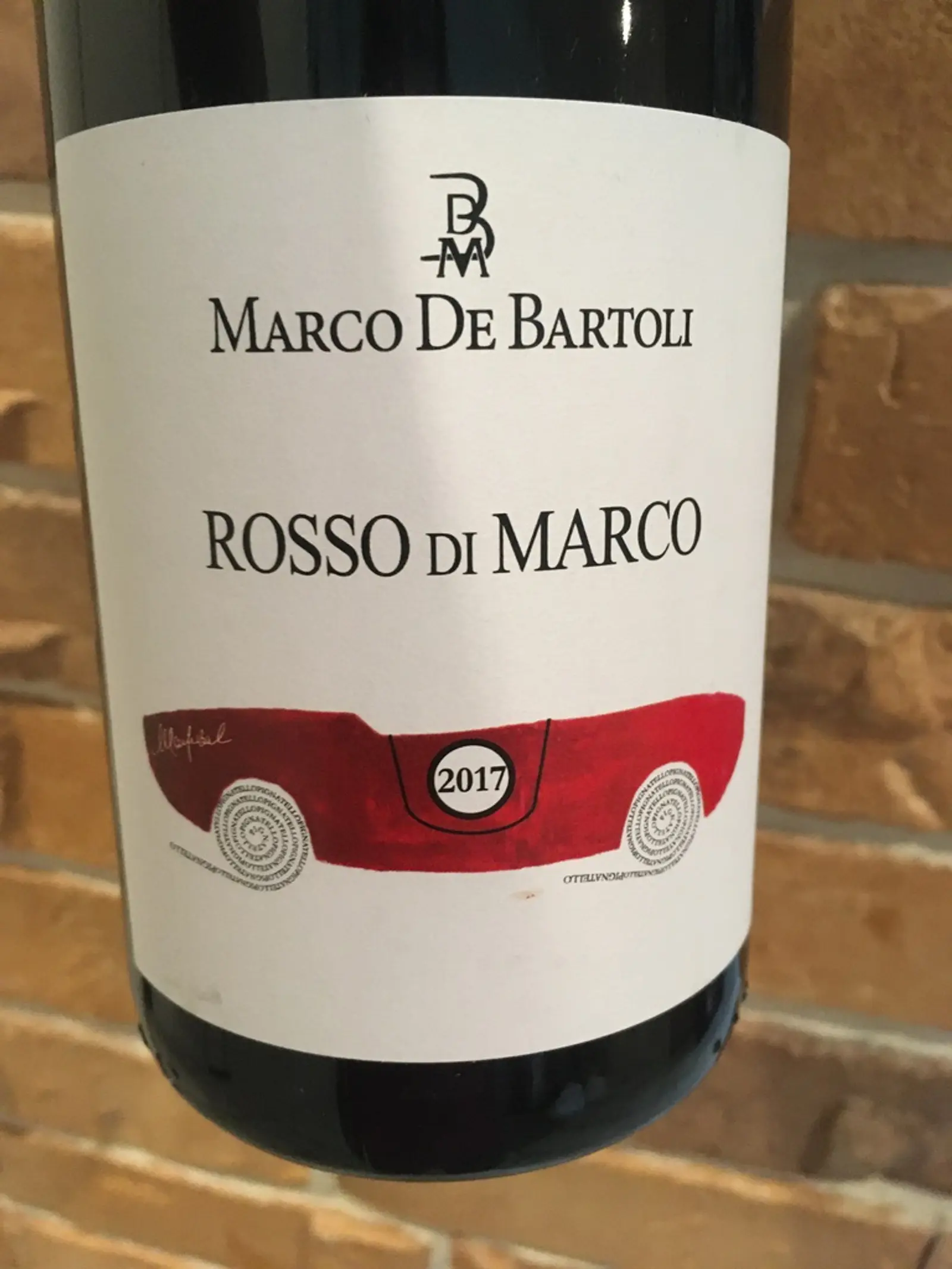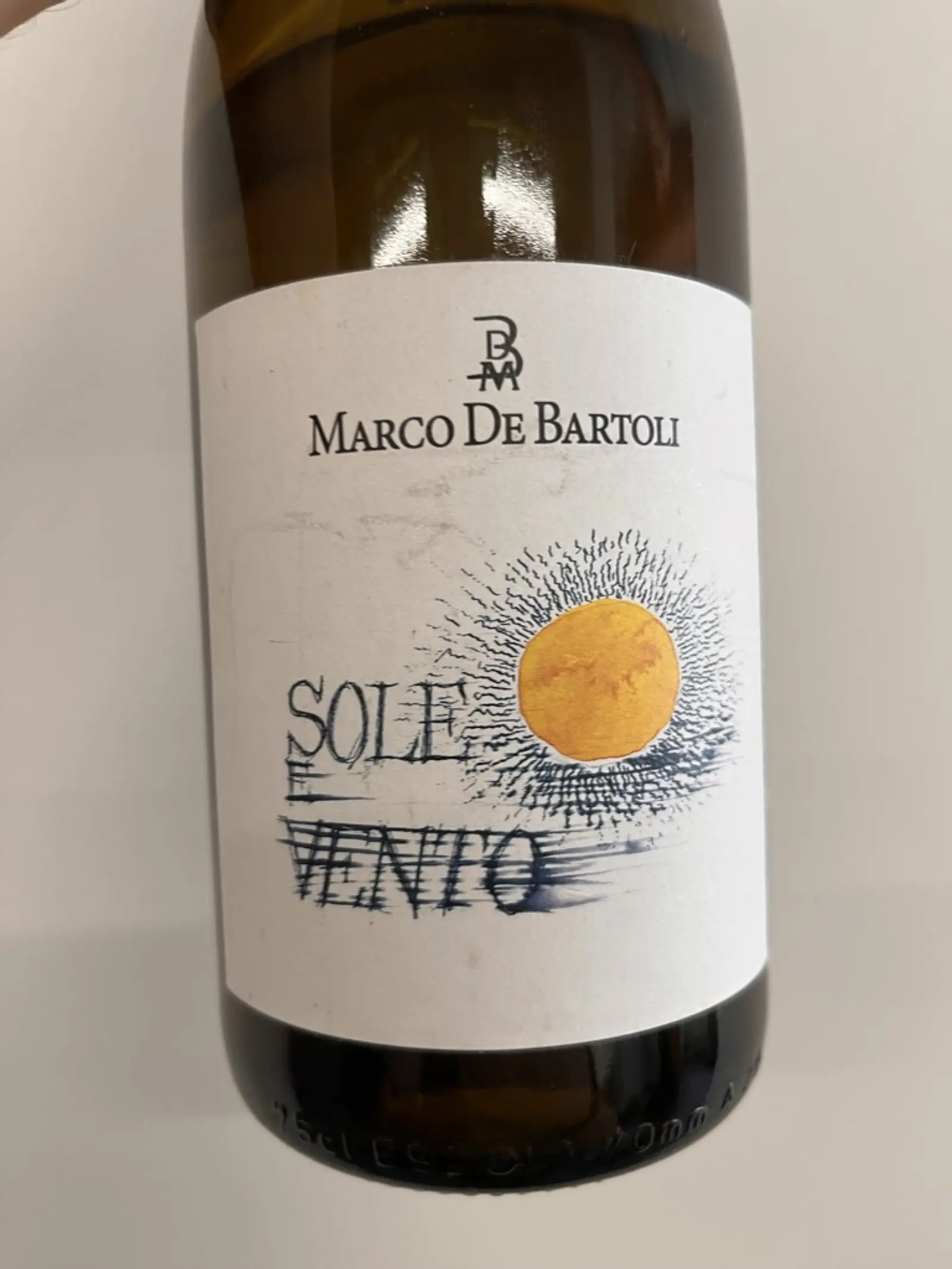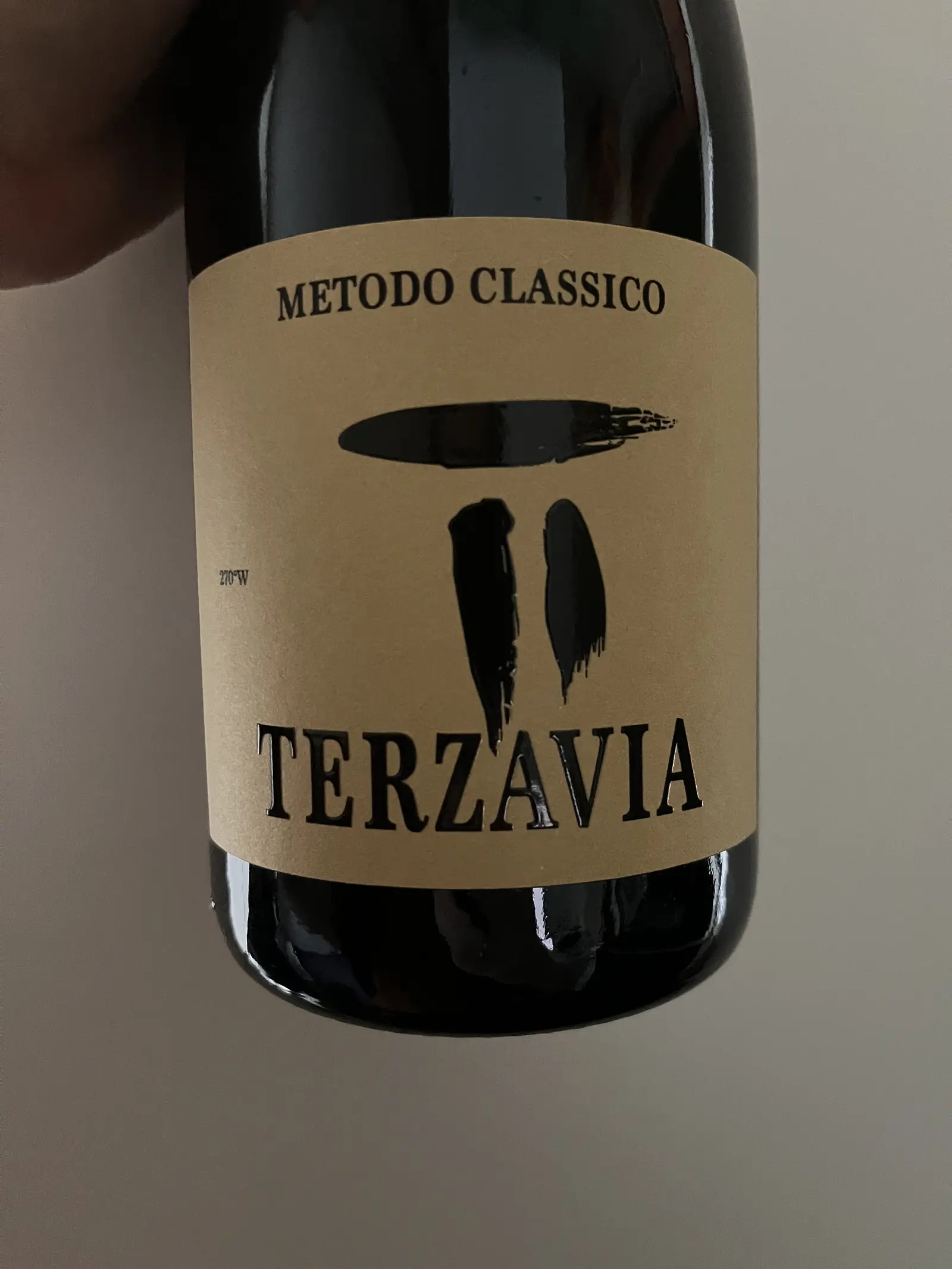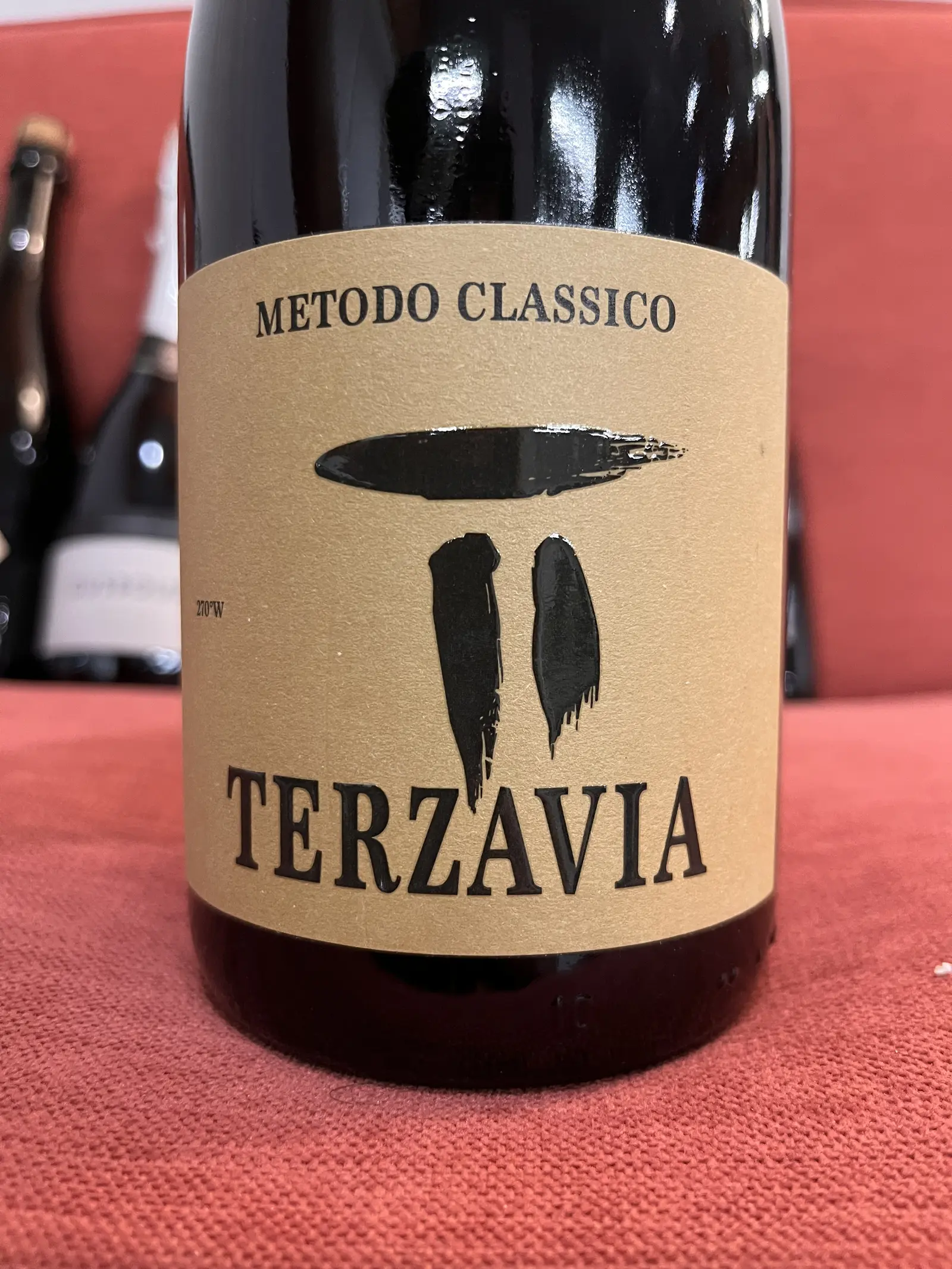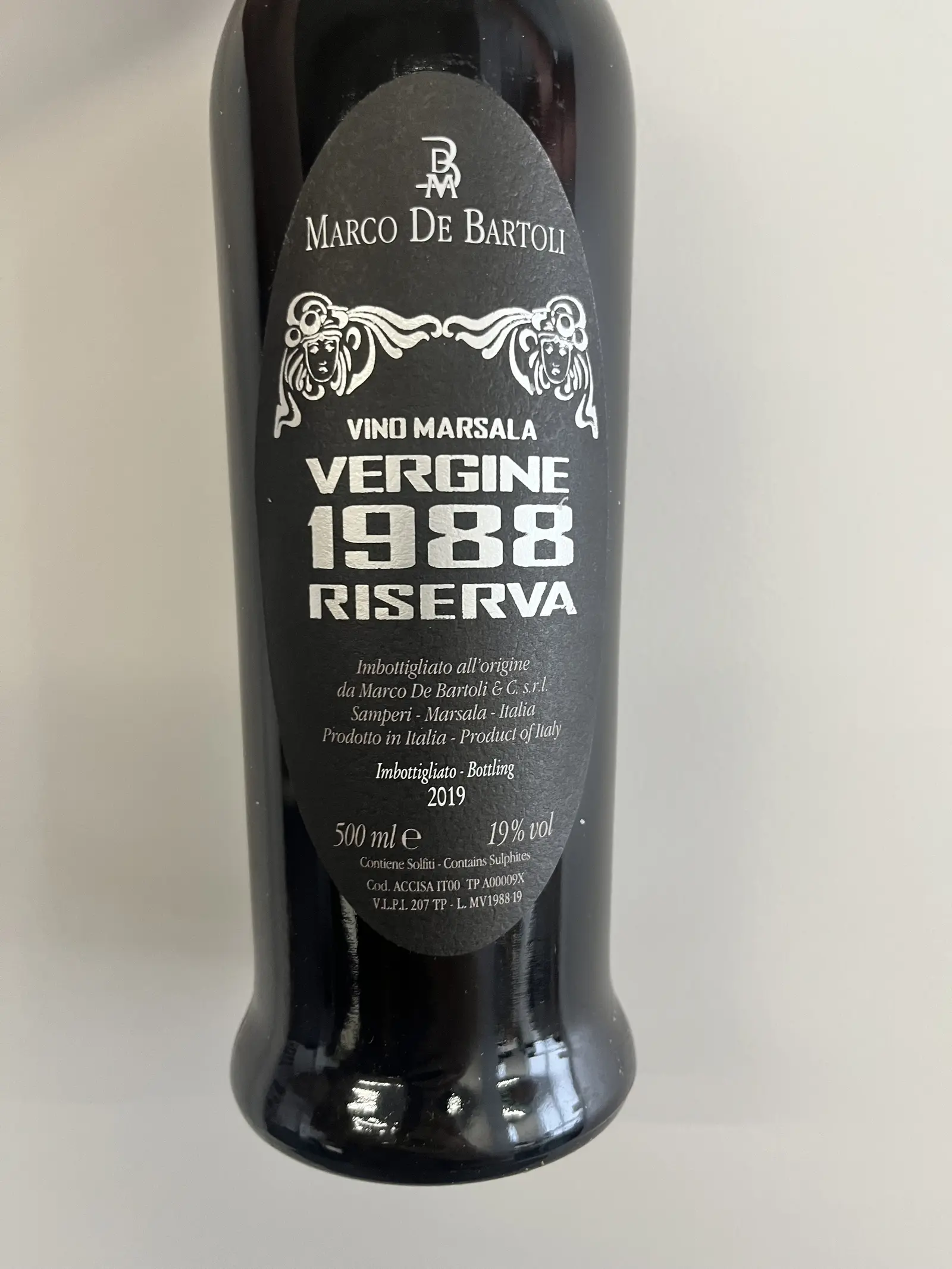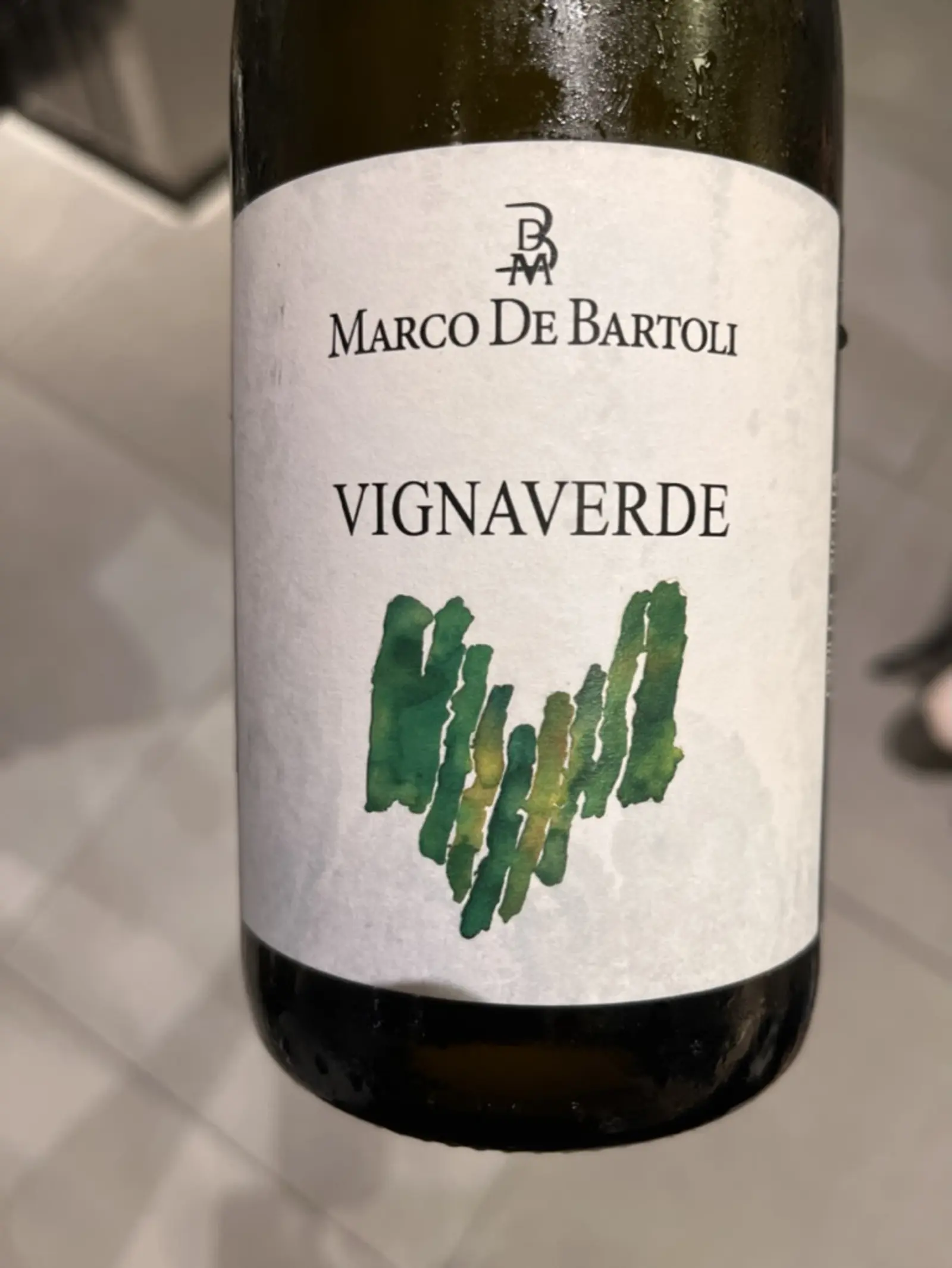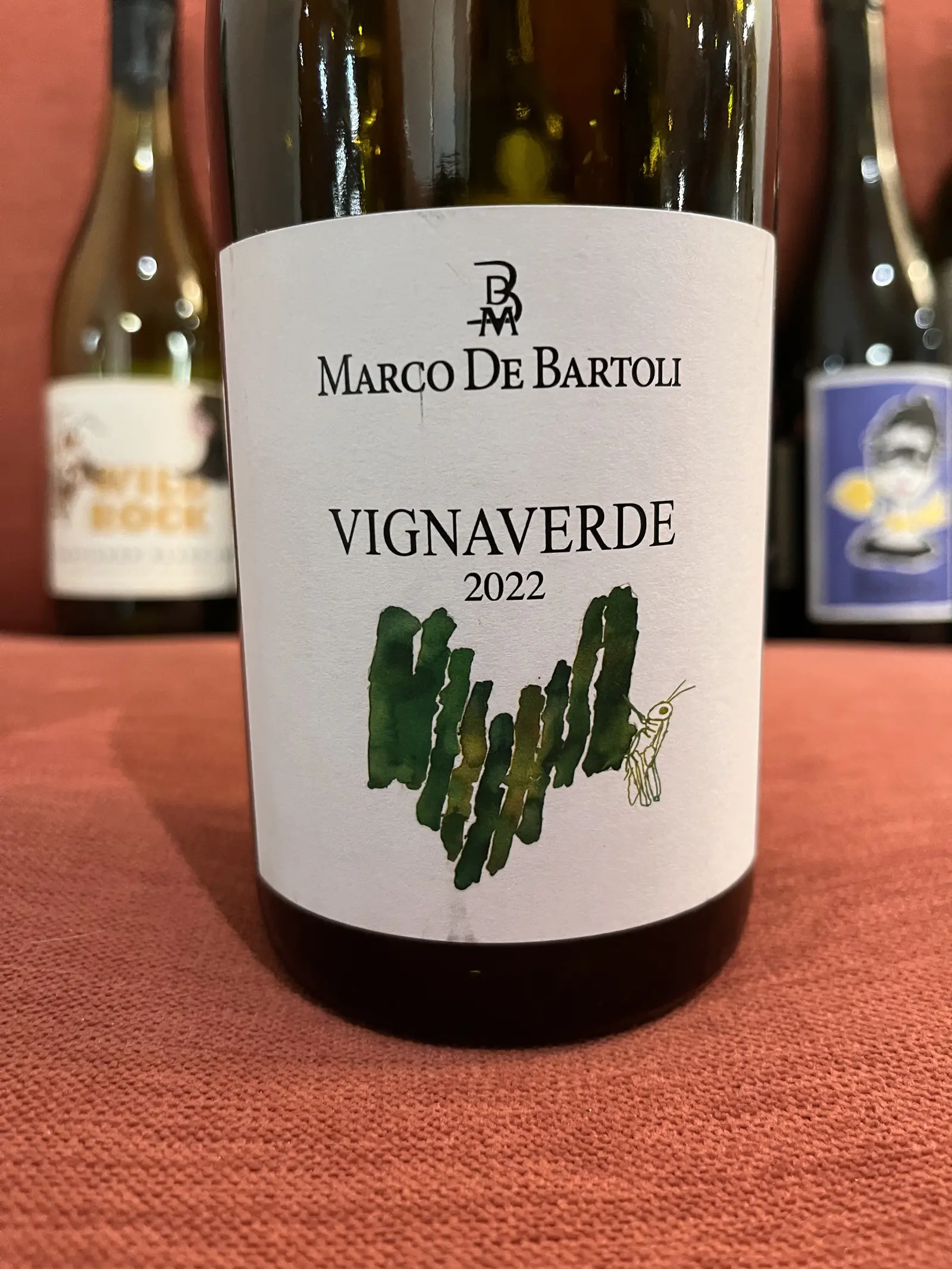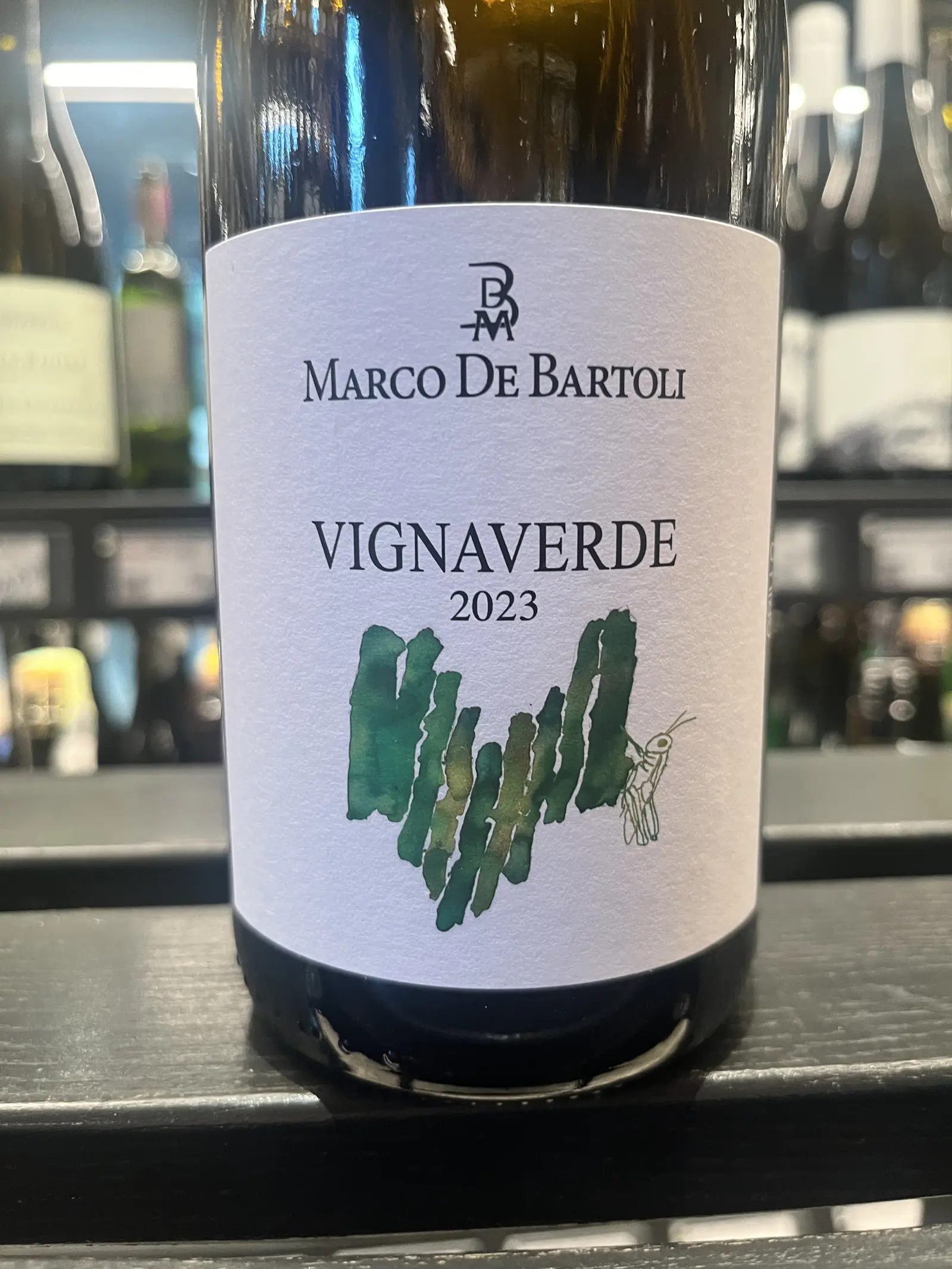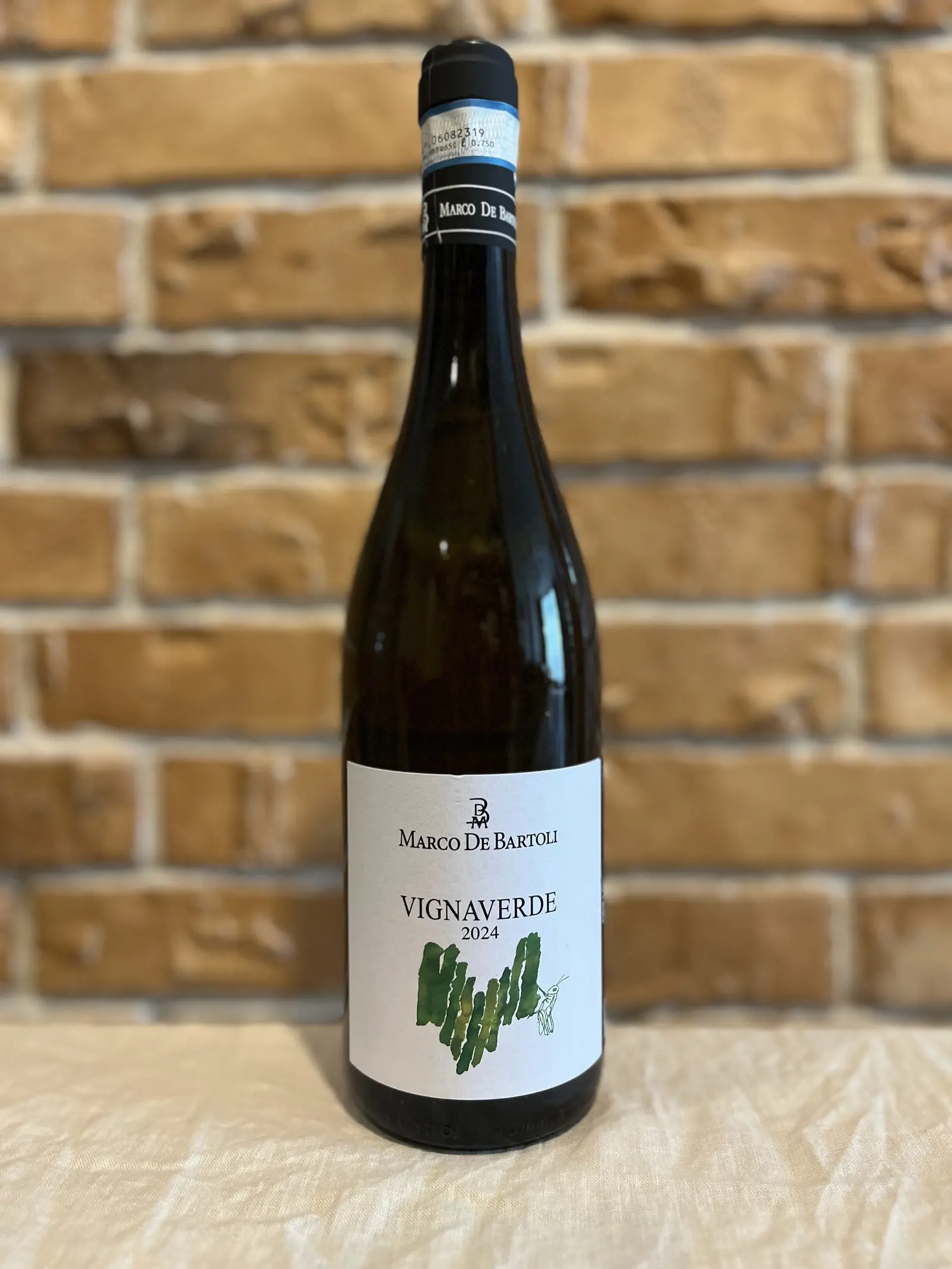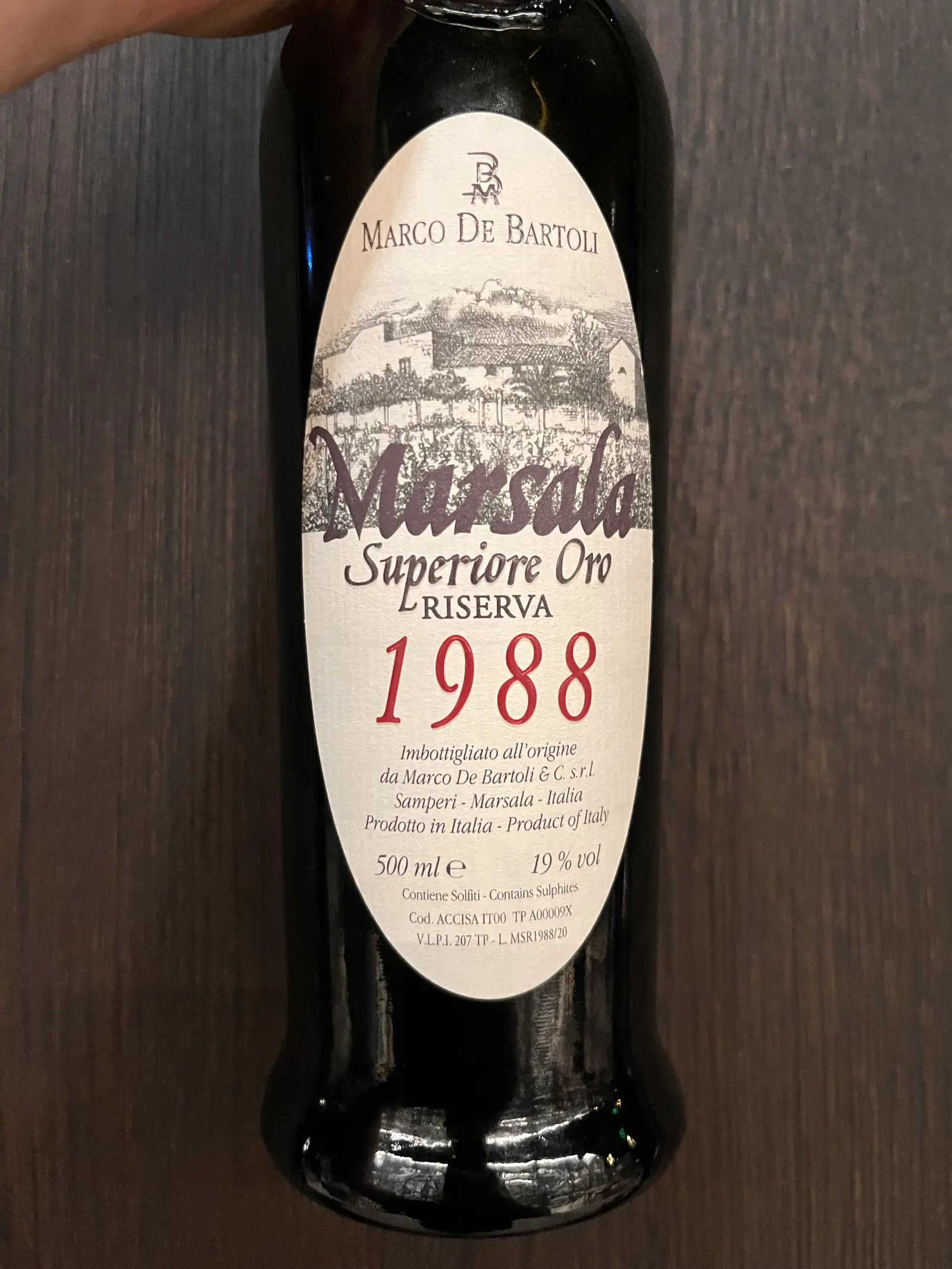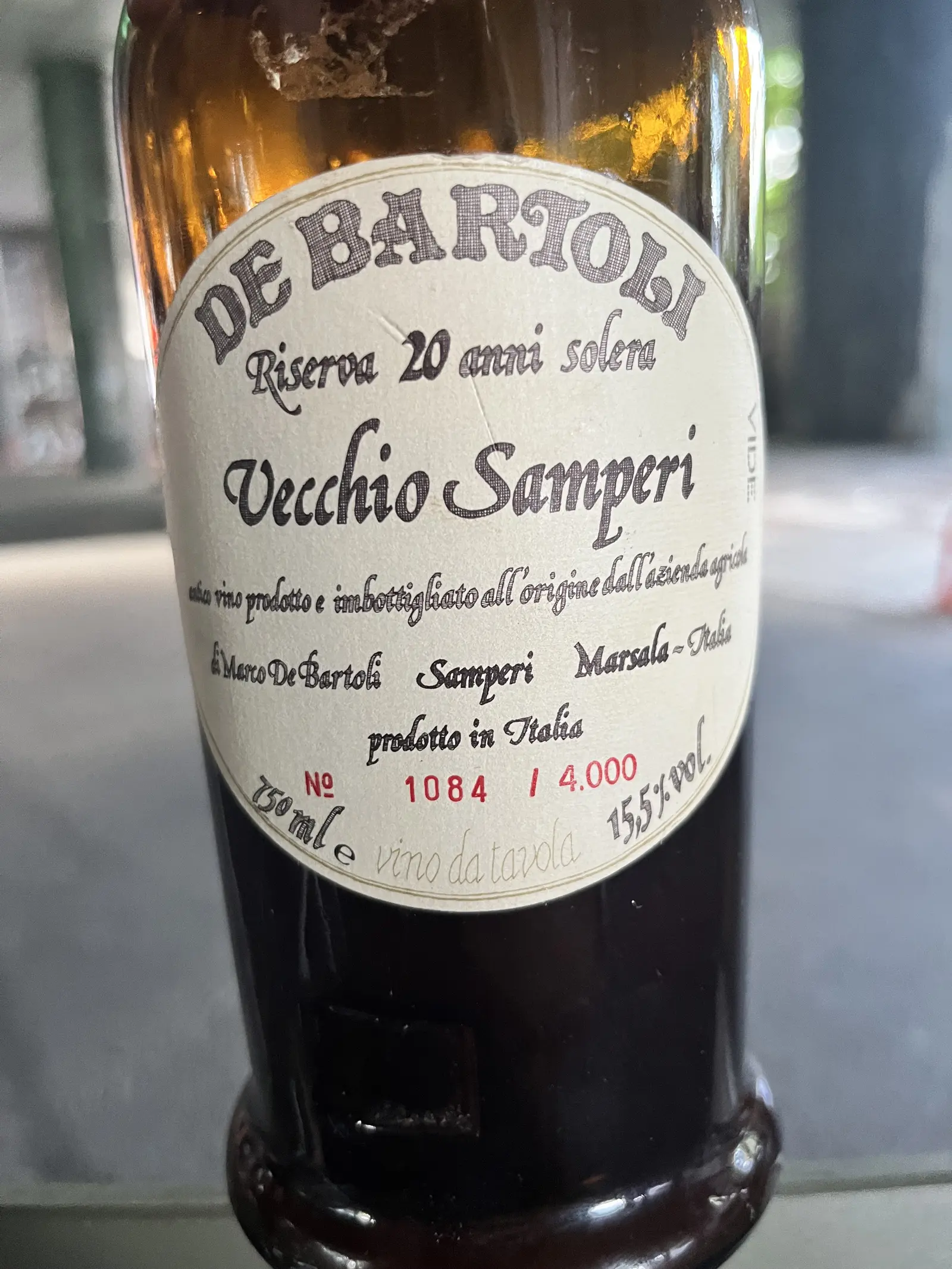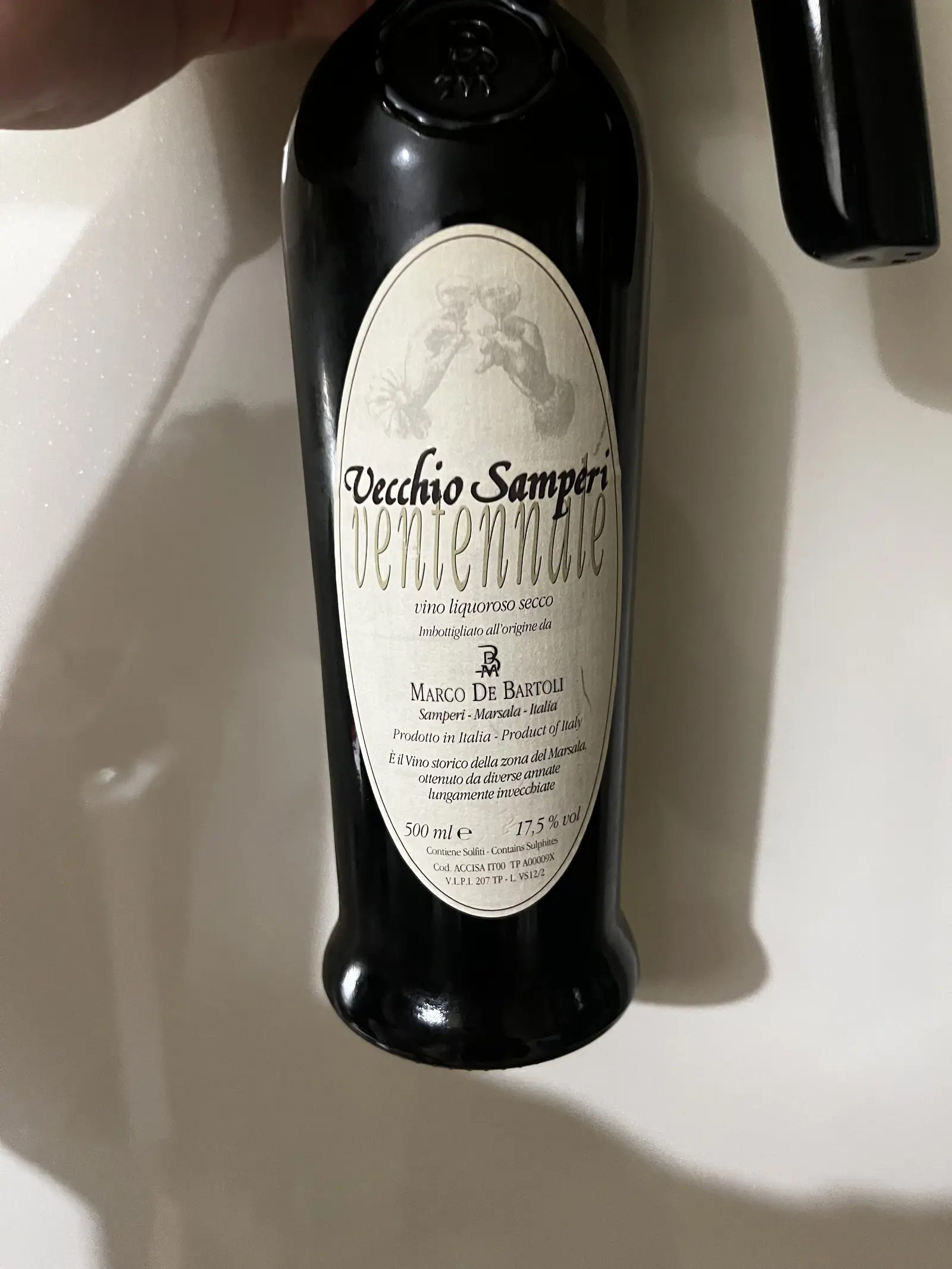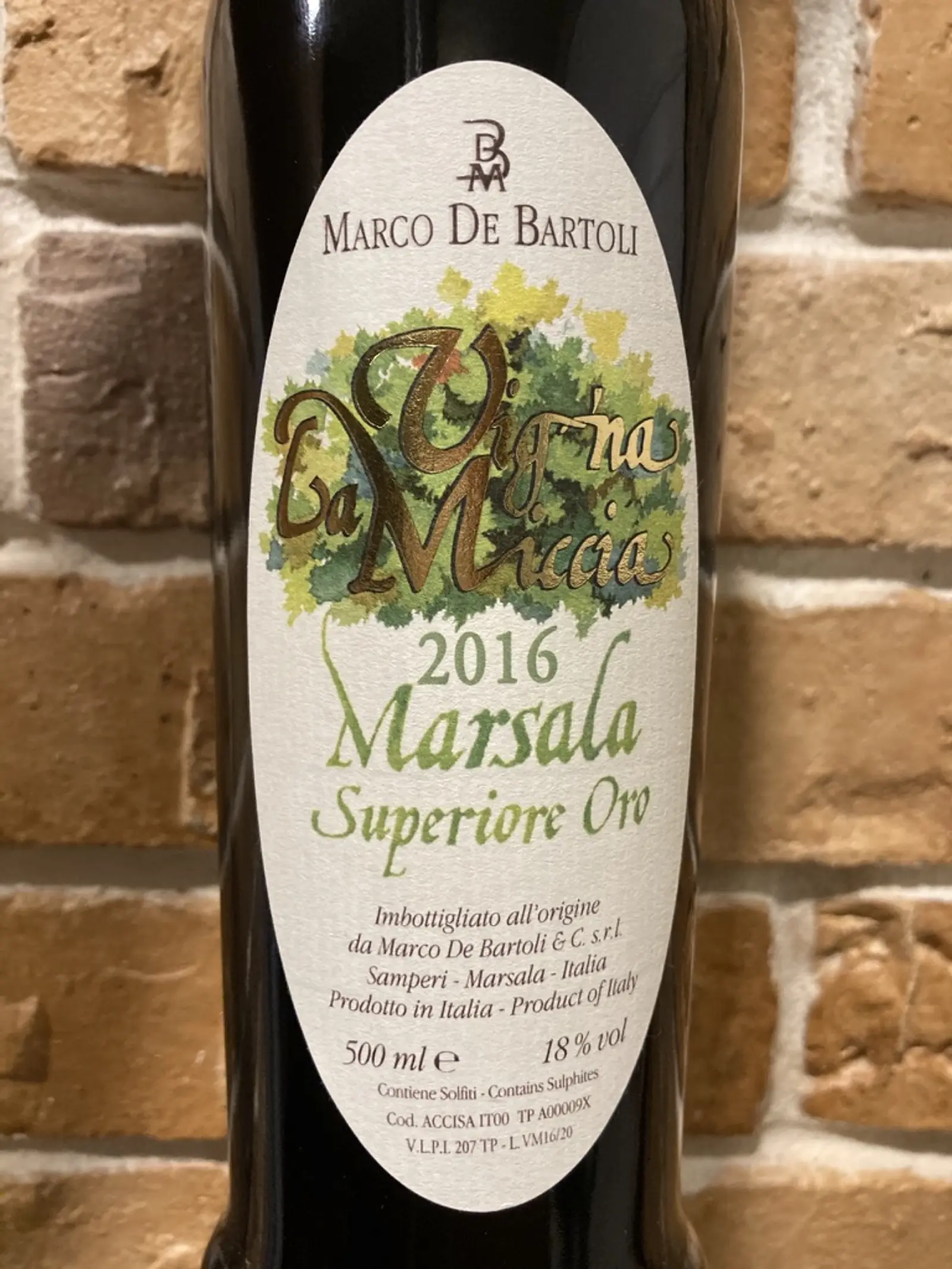Marco De Bartoli Terzavia Rosé 2022
- Region
- Italy » Sicilia » IGP Terre Siciliane
- Type
- rose traditional sparkling, extra brut
- Producer
- Vintage
- 2022
- Disgorged
- 2024
- On lees
- 12 months
- Grapes
- Pignatello
- Alcohol
- 11.5
- Sugar
- 3.5
- Volume
- 750 mL
- Cellar
- not available
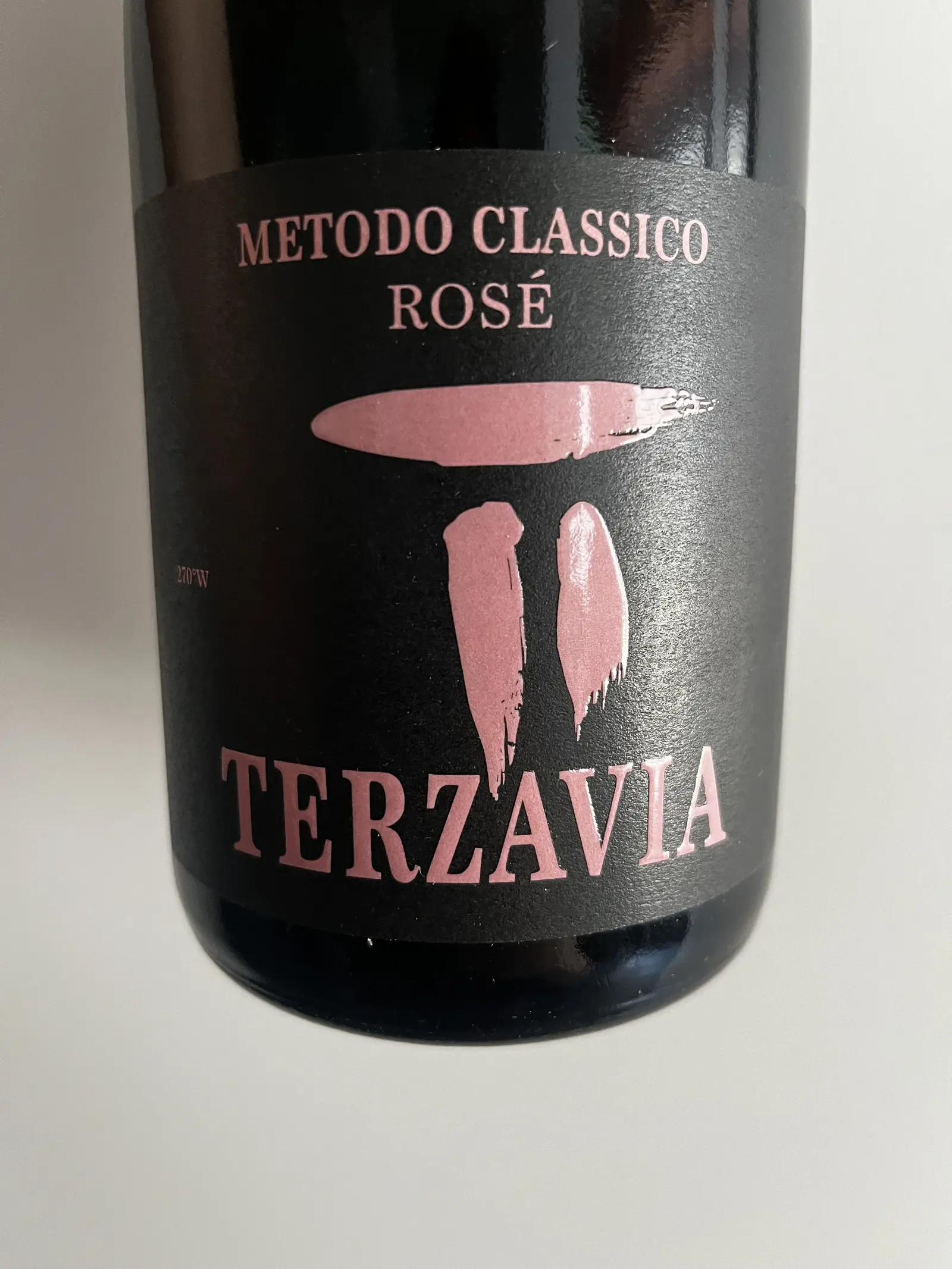
3,500 Pignatello vines per hectare, planted about 20 years ago in Western Sicily, and trained with Guyot system. The yields are of 40 hectoliters per hectare, harvested starting the second-third week of Semptember. The clusters are manually selected and the grapes are chilled. A direct soft pressing of the whole clusters follows and, after a natural decanting of the must, fermentation starts in stainless steel at a controlled temperature (air conditioning). The fermentation is activated by wild yeasts (natural) and with a minimum use of sulfites Tirage with fresh must, instead of sugar, added in such quantities as to dilute alcohol content and to add a quantity of (natural) sugar suitable to second fermentation. Sugar contribution does not exceed 15%. The base wine ages for 12 months in stainless steel vats on its lees. After tirage, at least 14 months in bottle always on its own lees. Pas dosé.
Ratings
Peachy-cider vibes with strawberry and apple purée, candied notes dancing around. The acidity's cranked up high, but the body goes missing - hollow where it should have substance. There's a tension running through it that never quite resolves, like a conversation that can't find its rhythm. Technically well-executed, sure - that fresh must instead of sugar for tirage is clever, the lees aging shows. But it's missing the magic of the white Terzavia. Honestly, those Testalonga pet-nats we had the same morning were more compelling - less polished maybe, but more alive.
About Producer
Marco de Bartoli is a name synonymous with innovation and reverence in Sicilian winemaking, particularly noted for reviving the island's traditional and noble wine, Marsala. Born into a family of esteemed Marsala producers, Marco chose a path less traveled in the late 20th century. He focused on quality and traditional methods at a time when Marsala's reputation was dwindling due to industrial production. His dedication led to the establishment of his winery in the 1970s in the western part of Sicily near the historic town of Marsala.
De Bartoli championed the use of the indigenous Grillo grape, insisting on meticulous vineyard management and reduced yields to produce concentrated, flavorful grapes. His methods included the revival of the solera system and aging in oak barrels, enhancing the complexity and depth of his wines. His commitment wasn't limited to Marsala; he also produced outstanding still wines, notably from the Zibibbo grape in the tiny island of Pantelleria.
The estate, now run by Marco's children, continues his legacy of artisanal production and strict adherence to quality. It's a standard bearer for organic farming in the region, ensuring that each bottle reflects the pure expression of the land and its history.
Marco's influence extends beyond his own vineyards. He is widely credited with inspiring a new generation of Sicilian winemakers dedicated to quality and authenticity. His vision and passion redefined Sicilian wine, establishing a legacy of excellence and innovation that endures in the region's wine industry today. His commitment to tradition, combined with a willingness to innovate, has made Marco de Bartoli's name synonymous with the finest wines of Sicily.
Related Wines
